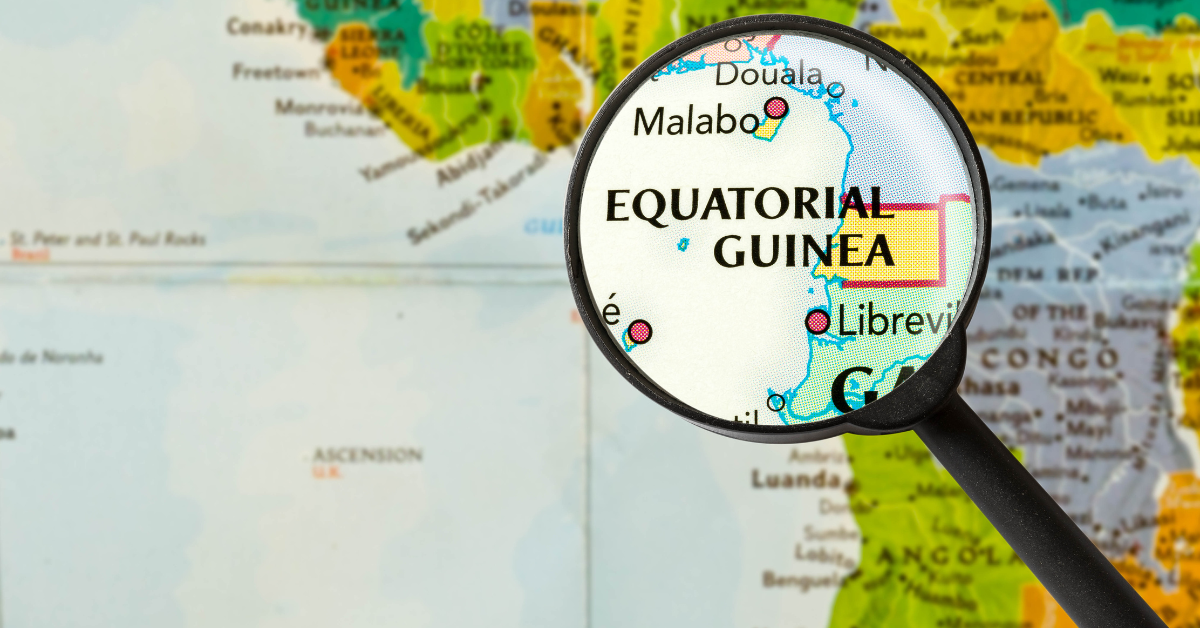Equatorial Guinea is one of the least-known countries in Africa for Japanese people. However, its nature, resources, and especially soccer leave a strong impression. This article organizes the images Japanese people have of Equatorial Guinea and explains them in a way that is easy for foreigners to understand.
- General Impressions Japanese People Hold about Equatorial Guinea
- Positive Impressions of Equatorial Guinea
- Concerns and Negative Perceptions
- How Japanese People Learn about Equatorial Guinea
- The Role of Sports in Equatorial Guinea’s Image
- Key Points When Explaining to Foreigners
- Possibilities for Japan–Equatorial Guinea Relations
- Conclusion
General Impressions Japanese People Hold about Equatorial Guinea
Equatorial Guinea is often described by Japanese people as “a distant African country.” Because of its name containing “Guinea,” it is often confused with Guinea or Guinea-Bissau.
The most common impressions can be summarized as follows:
| Image | Description |
|---|---|
| Rich nature | Tropical rainforests and many islands along the equator |
| Developing economy | The stereotype of being a small developing African country |
| Political instability | Media reports on long-term regimes and human rights issues |
| Little relation with Japan | Very few reports in Japanese media |
In reality, Equatorial Guinea has a relatively high GDP thanks to oil resources, which makes it quite different from Japanese people’s assumptions.
Positive Impressions of Equatorial Guinea
Some Japanese people view Equatorial Guinea as “a beautiful country of nature” or “a nation with growth potential.”
| Positive Impressions | Background |
|---|---|
| Beautiful natural environment | Rainforests and scenic islands like Bioko |
| Sports presence | Host of the Africa Cup of Nations |
| Unique cultural identity | The only Spanish-speaking country in Africa |
| Economic potential | Urban development supported by oil resources |
Because the country remains largely unknown, many Japanese also see it as a place full of new discoveries.
Concerns and Negative Perceptions
At the same time, Japanese people also emphasize concerns, especially regarding safety and healthcare.
| Negative Impressions | Background |
|---|---|
| Safety concerns | Travel advisories similar to other African nations |
| Political concerns | Media portrayal of long-term regimes |
| Insufficient healthcare | Shared impression of many developing nations |
| Difficult access | No direct flights from Japan |
Due to limited information, such perceptions are often exaggerated compared to reality.
How Japanese People Learn about Equatorial Guinea
Japanese people usually encounter Equatorial Guinea only through limited contexts.
| Trigger | Context |
|---|---|
| Education | Learned in geography class as one of Africa’s small countries |
| Sports | Seeing the country’s name in soccer tournaments |
| Diplomatic information | Travel advisories issued by the Ministry of Foreign Affairs |
| International news | Reports on oil resources or political issues |
Thus, knowledge is often fragmented rather than comprehensive.
The Role of Sports in Equatorial Guinea’s Image
One of the biggest reasons Equatorial Guinea is known in Japan is through soccer.
- It once hosted the Africa Cup of Nations, which brought international attention.
- The women’s national team has shown strength, appearing in international competitions.
- Because soccer is also very popular in Japan, this creates a sense of familiarity.
Sports, therefore, provide a direct bridge of connection more easily than politics or economy.
Key Points When Explaining to Foreigners
For foreigners to understand Japanese views of Equatorial Guinea, it is important to note:
- Seen as an “unknown country” due to lack of information
- Positive interest in nature, resources, and sports
- Strong concerns over safety and healthcare
- Knowledge is fragmented and biased by limited reporting
Recognizing these points helps explain why Japanese people hold certain impressions.
Possibilities for Japan–Equatorial Guinea Relations
In the future, relations may deepen through sports and economic cooperation.
| Field | Possibilities |
|---|---|
| Sports exchange | Soccer-based friendly matches and coaching collaboration |
| Resource cooperation | Business partnerships in oil and natural gas |
| Cultural exchange | Spanish language education and artistic collaboration |
| Tourism | Eco-tourism and promotion of natural heritage |
If accurate information spreads, Japanese people’s image of Equatorial Guinea could change significantly.
Conclusion
For Japanese people, Equatorial Guinea is strongly perceived as “an unknown country.” At the same time, its beautiful nature, rich resources, and soccer inspire positive curiosity. However, concerns about safety and healthcare remain strong, leading to a mixed impression of “a faraway, uncertain, yet fascinating country.”
Because information is scarce, misunderstandings and stereotypes are common. But through sports and cultural exchange, understanding is likely to improve, and Japanese perceptions will become more positive and specific.






